In the world of investments, something has changed profoundly, even if not everyone has noticed. The spread of ETFs and mutual funds that replicate very broad indices has silently but substantially changed the perception of equity risk, and by extension also the psychology of the investor.
👉 Read also: Passive Accumulation and Systemic Risk in Markets
Once upon a time, investing in stocks meant exposing oneself to the real possibility of losing everything: choosing the wrong company, finding oneself involved in bankruptcy, accounting fraud or a deep sectoral crisis, could lead to the definitive loss of capital. What was risked, in practice, was the disappearance of value, and therefore the zeroing of the investment.
Today, this binary dimension of risk, typical of a single stock, has been partly overcome, not so much because the market has become more stable, but because the structure of the vehicles used by investors has transformed with the arrival of global and broad-based mutual funds. When you invest in a fund that contains hundreds or thousands of stocks, the possibility that the entire investment will go up in smoke is reduced to an almost negligible statistical probability. If a company goes bankrupt, it is replaced; if a sector enters into crisis, the relative weight of the investment rebalances. The entire mechanism is designed to constantly adapt and recalibrate, making it extremely difficult for a broad index to lose value permanently.
This does not mean that the risk has disappeared, but only that it has changed nature. Today, in fact, there is no longer the risk of definitive loss, but rather of remaining in a negative phase for a prolonged period of time. It is a risk that concerns the duration and not the final outcome.
In this sense, stock risk is increasingly similar to bond risk: you can lose if you are forced to sell at the worst times, while those who have time on their side tend to recover the initial value of their investment, and in many cases even exceed it.
This transformation has important implications, because it shifts the investor’s focus from what they have to how much they are willing to wait for. Investing becomes a matter of endurance, rather than selection. It’s no longer about finding the right company, the perfect time, or the emerging sector; it’s about being willing to stay invested long enough for volatility to subside and the market to rise again. In theory, this is a simple dynamic, but in practice it requires a form of discipline that not everyone can maintain.
What is proposed as a modern form of financial security hides a less reassuring truth: the fact that security is conditioned by one’s ability to wait. Time becomes the real capital in play and those with a long horizon, a good tolerance for risk and no urgent need for liquidity can actually get through even the worst moments without selling, trusting in a future recovery. Those who find themselves forced to exit quickly, for personal reasons or simply out of panic, discover that even the “safe” investment can suddenly become vulnerable.
From this perspective, we can say that the real risk is no longer represented by the market itself, but by the dissonance between one’s psychological horizon and the real horizon of the investment. You don’t lose because the index fails, but because you are unable to wait the time necessary for recovery. This type of risk does not appear in the form of sudden collapses or dramatic news, but as a continuous, silent pressure that acts over months or years, slowly wearing away the investor’s confidence, until it pushes him to abandon just when he shouldn’t.
In the end, it’s not about guessing the markets, nor about building the perfect strategy. More simply, it’s about staying exposed long enough to let the worst phases pass, even if in the meantime everything around suggests that it would be more sensible to exit. In many cases, those who succeed in doing so are not the ones who chose best, but the ones who stayed the longest, without giving in.
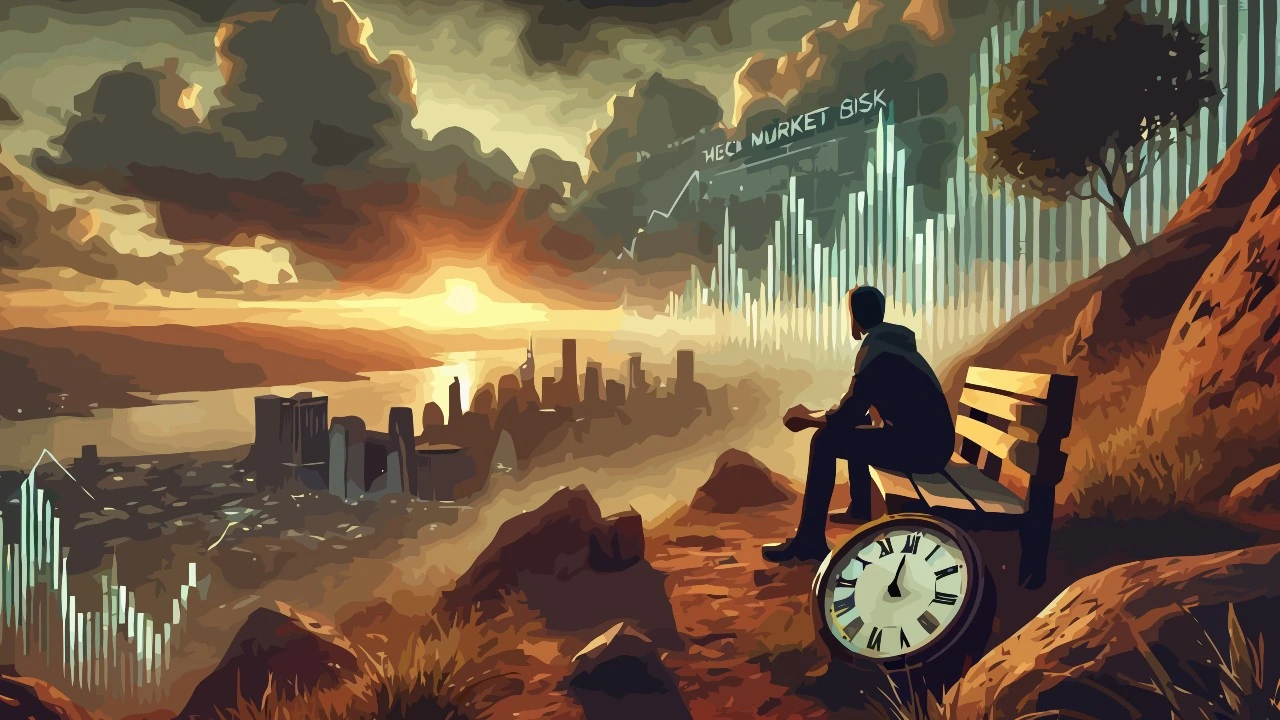
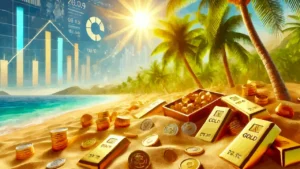
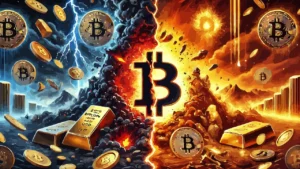
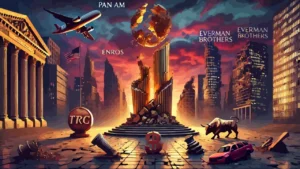
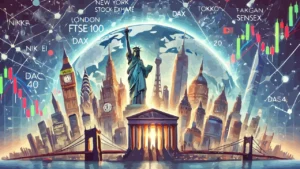

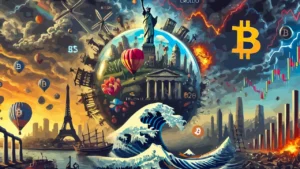




Leave a Reply